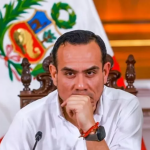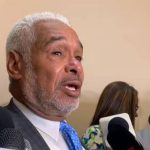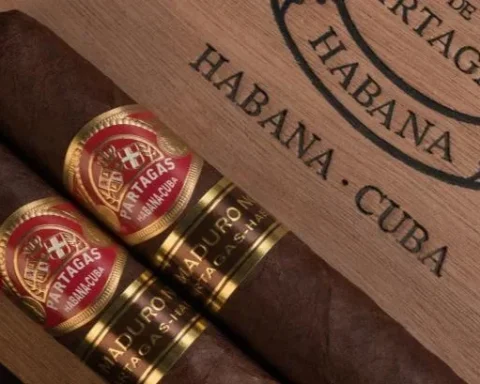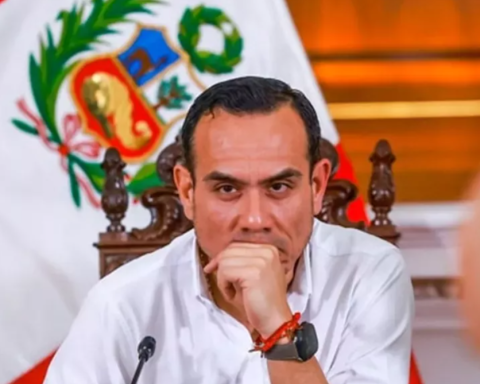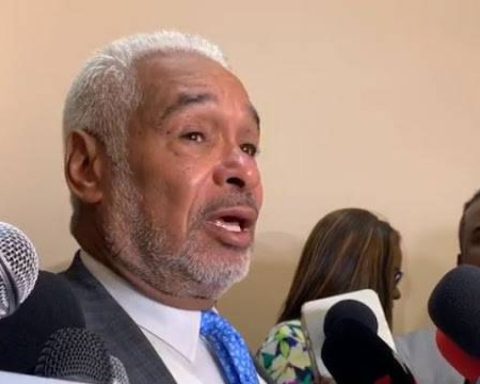2. The days passed, the gravity and the resonance that the news acquired escalated. The PGR brought the case in early October, by mid-October the first of many mass mobilizations were organized, and by the end of the month the scandal and conviction reached global proportions. I remember the fury but also the bewilderment: how was it that in a country where on average 72 people were killed and 16 people disappeared a day, the case of the 43 from Ayotzinapa aroused such indignation and generated so much demand?
3. The intensity of the protests was prodigious. I am not referring only to the number of people marching but also to the vehemence of their slogans and their rebellious impetus. There was a lot of consternation, a lot of anger, but also a great feeling of empowerment, of true collective strength. Rather than shout, those crowds roared. I had never heard nor have I ever heard anything equal to that power, that citizen energy.
4. At one of those protests I remember running into a brilliant human rights activist and defender whose work I admired and to whom I had dedicated an article a couple of years earlier. We recognized each other in the distance, we greeted each other with our eyes. He made me see that he was carrying a camera, I raised my banner and he took a picture of me. It was a brief but emotional moment of complicity. Some time later, that activist became a mediocre official of the so-called fourth transformation.
5. It is an irony that no one has noticed, but it portrays – perhaps like no other – the dissonance of that moment: the government that began its six-year term promoting itself in style with the slogan “move to Mexico” ended up going down in history with the phrase, pronounced in a low voice, “I’m tired”.
6. Shortly after the GIEI presented its first report, I had the opportunity to speak with some of its members about the media coverage of their work. We commented on how disconcerting it was, on the one hand, that the Mexican State opened the doors for them to contribute to clarifying the case and that, on the other, it did not stop putting up obstacles and kicking them under the table – on too many occasions with the complicity of a certain press that assumed a frankly mercenary attitude–, all to try to fulfill its mission.
I asked them if in their previous experience, investigating serious human rights violations in Chile, Guatemala or Colombia, they had faced more or less similar hostility. His response was lapidary: “No, we had never experienced anything like this.”
#InPhotos l Thousands marched for the 43 disappeared from Ayotzinapa
Eighth Anniversary of Ayotzinapa
Relatives, students and thousands of people in support of the demand for the truth about what happened to the Ayotzinapa students marched this Monday to commemorate the eighth anniversary of the disappearance of the 43 students.
Photo: Luis Cortes/Reuters
Eighth Anniversary of Ayotzinapa
The main protest was against the Army and against the State.
Photo: Rodrigo Arangua/AFP
Eighth Anniversary of Ayotzinapa
Thousands participated in the march to mark the eighth anniversary of the disappearance of 43 students from the teacher training school in Ayotzinapa.
Photo: Luis Cortes/Reuters
Eighth Anniversary of Ayotzinapa
During the march, graffiti was recorded on buildings, urban furniture and some commercial premises.
Photo: Alfredo Estrella/AFP
Eighth Anniversary of Ayotzinapa
In the morning, President Andrés Manuel López Obrador urged protesters to gather peacefully on the anniversary of the disappearance of 43 students.
Photo: Alfredo Estrella/AFP
Eighth Anniversary of Ayotzinapa
Roll calls were made again with the names of the disappeared.
Photo: Luis Cortes/Reuters
Eighth Anniversary of Ayotzinapa
The march featured several contingents of family members, students, associations and activists.
Photo: Toya Sarno Jordan/Reuters
Eighth Anniversary of Ayotzinapa
Thousands joined the protests and march through Ayotzinapa.
Photo: Toya Sarno Jordan/Reuters
Eighth Anniversary of Ayotzinapa
The march was called for 4:00 p.m. this Monday 26.
Photo: Toya Sarno Jordan/Reuters
Eighth Anniversary of Ayotzinapa
“Because they were taken away alive, we want them alive!” the fathers and mothers of the 43 normalistas from Ayotzinapa shouted at the Zócalo square on the eighth anniversary of their disappearance.
Photo: Toya Sarno Jordan/Reuters
Eighth Anniversary of Ayotzinapa
The Committee of Fathers and Mothers of the 43 took a stand by affirming that they will continue to demand that the students be presented alive as long as it is not scientifically proven that they died.
Photo: Toya Sarno Jordan/Reuters








